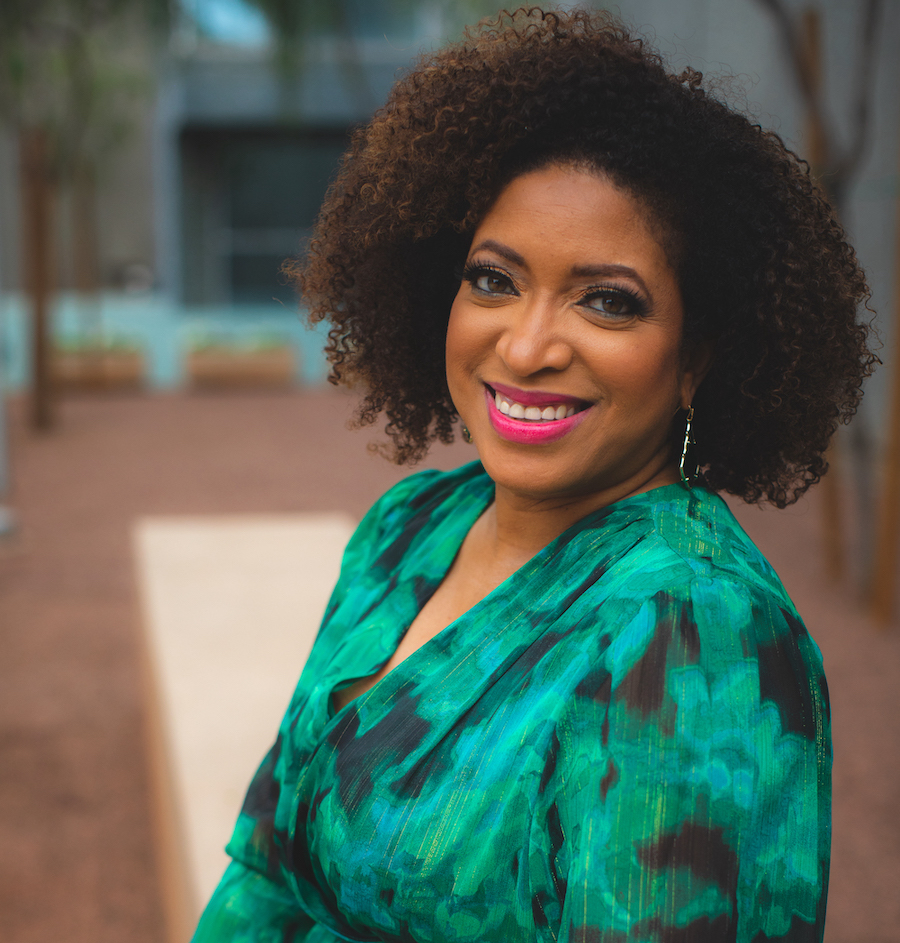As Diversity Backlash Grows, a Clarion Call to Stay the Course
By LaTricia Woods, APR
October 2023
In 2020, the country first heard the term “dual pandemic,” which referred to the impacts of COVID-19 and systemic racism, both of which were changing the United States in unforeseen ways. Phrases such as “representation matters” and the hashtags #icantbreathe and #sayhername permeated social media. Companies pledged to do more for underrepresented communities. A shift was on the horizon, toward more inclusion and greater equality.
Or so we thought.
In June of this year, the Supreme Court struck down affirmative action in college admissions, declaring it unlawful to consider race as a factor. And while the court’s decision applies to affirmative action at colleges and universities, and not to employer efforts to foster workplace diversity, equity and inclusion, corporate DEI programs have continued to erode.
Heads of DEI offices have stepped down or been removed from their posts. Companies that made grand diversity pledges years ago have yet to fulfill them.
According to a LinkedIn study, from 2019 to 2022 positions for chief diversity and inclusion officers grew by 168.9%. But more recently, corporate DEI positions have been disproportionately hit by layoffs, across industries. According to surveys, 33% of DEI professionals lost their roles over the one-year period that ended in December 2022, compared to 21% of non-DEI workers.
Even before this year, corporate DEI efforts have come under harsh criticism, including claims that they’re expensive, performative and divisive, NPR reported.
At the same time, some state governments have begun forbidding DEI programs, most notably Texas and Florida. In June, Florida Gov. Ron DeSantis signed into law a bill that prohibits state or federal spending on DEI programs at public universities in Florida, saying the acronym should be reinterpreted as “discrimination, exclusion and indoctrination.”
Also in June, Texas Gov. Greg Abbott signed a ban on diversity offices in state-funded higher education institutions. His chief of staff, Gardner Pate, claimed DEI programs “proactively encourage discrimination in the workplace.”
Is this the end of DEI efforts as we know them?
Inclusive representation
PRSA defines public relations as “a strategic communication process that builds mutually beneficial relationships between organizations and their publics.” Oxford Dictionary defines a public as “ordinary people in general; the community.”
We are the ordinary people. And the greater community, which comprises all of us, requires representation. The foundation of inclusive representation is the power of access. With access, all people have shared opportunities. That is equality.
When we have inclusive representation, we can hear diverse ideas, perspectives and even criticisms that might effect change and inspire innovation for ourselves and our clients. As PR practitioners, we are the voice, the driver and the counsel for our clients. Now more than ever, we need to be their conscience, too.
As the late Ruth Bader Ginsburg, Associate Justice of the Supreme Court, said in 2009, “We will all profit from a more diverse, inclusive society, understanding, accommodating, even celebrating our differences, while pulling together for the common good.”
‘Diversity ditching’?
In July, Clayton Davis, senior awards editor at Variety magazine, reported on Black women leaving senior leadership positions across Hollywood. “To be clear, there’s no evidence that these companies set out to oust their Black female executives,” Davis wrote. But three years after public outrage over the police murder of George Floyd during an arrest in June 2020, an event that became the catalyst for many corporate DEI initiatives, “it’s starting to feel like they’re done trying.”
The Muse, an online career platform, refers to this perceived phenomenon of corporate leaders failing to live up to their DEI commitments as “diversity ditching.”
Communicators can counsel clients on the short-term and long-term detrimental effects of failing to support DEI initiatives. According to a July survey that The Muse conducted of 803 people (70% of whom are non-white, 22% Black or African American and 65% female), 80% of respondents said their company’s decision to pull back its diversity commitments made them more likely to look for a new job over the next 12 months. In addition, 82% said that their company’s decision to scale back diversity commitments has made them less engaged in their work.
In crisis communications, we prepare clients for crises we hope they will never have to face. It is our responsibility to ensure that our clients are on the right side of history. As corporate DEI commitments wane, this is the time for us as professional communicators to lead by example, to support diverse and inclusive cultures in our companies and in our profession.
When we have authentic representation and support that is both top-down and bottom-up, we must ensure that everyone has more than a seat at the table — they have a voice in the room and the power to make an impact.
We have to do more than be the change that we want to see; we need to lead the change that needs to be. As counselors, as leaders, as part of the ordinary people of the publics we traverse, this is our clarion call.
Members-Only Content
This article is exclusive to PRSA members. Please sign in to continue reading.
Not a member?
Join PRSA to read more articles like this and to advance your communications career.
Print subscriptions to Strategies & Tactics are available for nonmembers.



